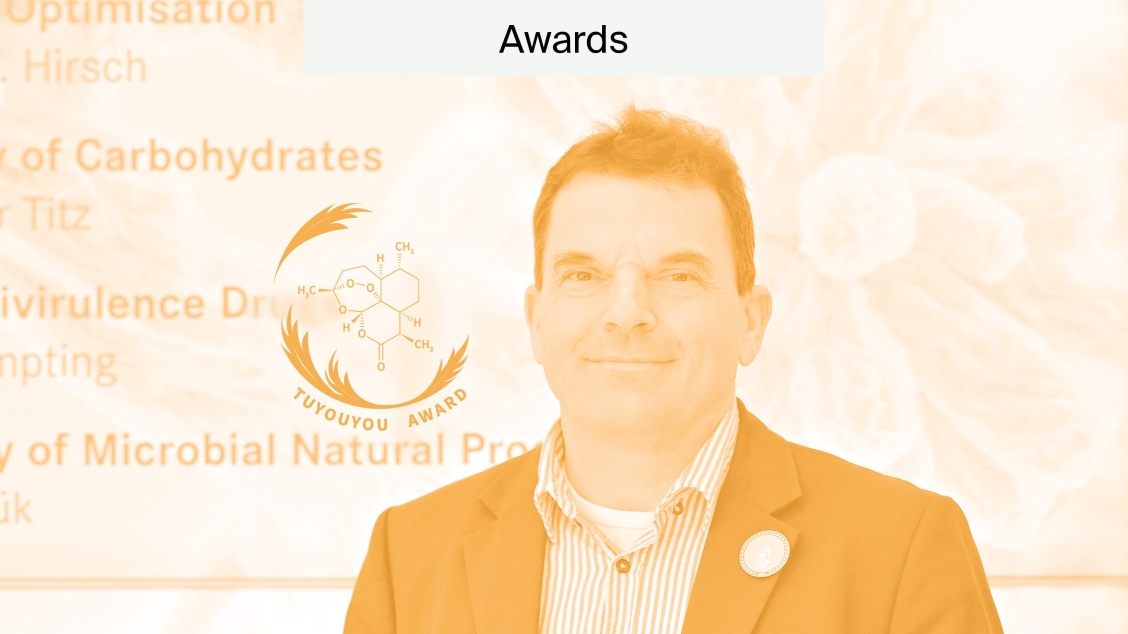
Meditation to Treat Post-Traumatic Stress Disorder
Post-traumatic stress disorder (PTSD) is a condition that can affect anyone who has experienced or witnessed a traumatic event. The symptoms associated with PTSD can take a huge toll on an individual’s mental and physical health. These symptoms include hyperarousal, flashbacks, and nightmares, as well as increased heart rate, rapid breathing, muscle tension, pupil dilation, and increased blood pressure.
There are currently no pharmaceutical treatments available that are specific to treating PTSD. Physicians and therapists commonly treat the condition using pharmaceuticals to alleviate the symptoms and various types of cognitive behavioural therapy (CBT). This includes trauma-focused cognitive behavioural therapy, which focuses on gradual exposure to trauma reminders. Unfortunately, there are limitations to these types of PTSD treatments, including tolerability.
Because of this, researchers have recently been focusing on exploring alternative forms of treatment, including meditation techniques. A recent systematic review published in the Open Access journal Medicina investigates how these techniques could help to treat PTSD.
Post-traumatic stress disorder
Historical records of psychological stress caused by witnessing or experiencing traumatic events date back to 440 BC. PTSD has been referred to by various names over time, including shell shock, combat fatigue, and war neurosis.
However, it was only first recognised as a mental health diagnosis in 1980, when it was included in the American Psychiatric Association (APA) third edition of its Diagnostic and Statistical Manual of Mental Disorders (DSM-III) nosologic classification scheme.
The World Health Organisation estimates that 3.9% of the global population will suffer from PTSD at some point in their life. Veterans are commonly associated with the development of PTSD due to exposure to trauma. Furthermore, PTSD is associated with the development of other mental health conditions, including anxiety and depression.
According to a survey conducted by the National Centre for PTSD, major depression is from 3 to 5 times more likely in those with PTSD.
Post-traumatic stress disorder and meditation
Meditation may provide much-needed relief for this debilitating disease. The first use of meditation for treating PTSD was recorded in 1985 by Brooks and Scarano. The researchers compared the use of Transcendental Meditation and physiotherapy over 3 months for veterans of the Vietnam War.
Transcendental Meditation
Transcendental Meditation (TM) is a gentle technique that can provide the body and the mind with a special quality of rest that can help to reverse the impact of psychological stress. It is a standardised meditation technique from the Vedic tradition of India, introduced to the West by Mahesh Yogi in the 1950s. The technique must be learnt from trained professionals to be successful.
The technique has been proven to reduce the symptoms of PTSD, including flashbacks and insomnia. Moreover, it has been proven to reduce stress, anxiety, and depression. It also lowers blood pressure and improves sleep.
“I’ve been teaching TM in a hospital clinic for 12 years, working with soldiers experiencing PTSD and traumatic brain injuries. The clinic is regarded as cutting-edge for the treatment of complex concussion, which includes combat-related PTSD. TM is one of the few interventions with benefits that can be immediately translated into improved care in military medicine.” – Dr. Vernon Barnes, author on the paper.
Mindfulness meditation
Another popular meditation technique used to improve PTSD symptoms and stress is mindfulness. Mindfulness meditation involves focusing attention using breathing awareness; it can help PTSD by grounding an individual and by helping to focus on the present, as well as regulating their stress response.
Meditation and mindfulness have been demonstrated to improve PTSD symptoms by affecting the neural network, which is involved in attentional control and threat perception.
Recently, researchers from the US hoped to provide further insight into the use of meditation in the treatment of PTSD. They did this by conducting the largest review and meta-analysis conducted to date on meditation for PTSD.
“This meta-analysis surpasses previous reviews in scope and depth, making it an important resource for policymakers and healthcare providers looking to implement evidence-based PTSD interventions.” – Dr. Barnes, author on the paper.
Comparing meditation methods for PTSD
The researchers analysed 61 studies with over 3,400 participants. Furthermore, the researchers included all participants diagnosed with PTSD and all types of trauma from different age groups, gender identifications, ethnicities, and countries. Moreover, the trauma types in the participant population included war veterans, war refugees, and earthquake and tsunami victims. It also includedfemale survivors of interpersonal violence, clinical nurses, male and female inmates, and traumatised students.
The review divided the meditation treatment types from the 61 studies into four meditation methods: Mindfulness-Based Stress Reduction (MBSR), Mindfulness-Based Other techniques (MBO), Other Meditations (OM), and Transcendental Meditation (TM).
Mindfulness-based other techniques are meditations that identify as mindfulness or have been inspired by mindfulness-based meditation. Other meditations refer to techniques that are described as meditation but do not fit into the description of TM or mindfulness.
The researchers compared the effectiveness of the meditation techniques by using meta-regression analysis. Regression analysis is a set of statistical methods used for estimating the relationships between an outcome (dependent) variable and a predictor (independent) variable. For example, in this study, the researchers identified the dependent variable as the effectiveness of the meditation techniques. This was measured using the effect size of recovery from PTSD from the pretest to the post-test. They were then able to compare the effectiveness of each meditation technique using this methodology.
“We employed meta-regression to identify predictors of effectiveness, such as type of trauma, age, and research design. These methods allowed us to control for all variables that influence the size of the effect, making our conclusions about differences in meditation techniques highly reliable.” – Dr. Orme-Johnson, author on the paper.
Future of PTSD and meditation
The meta-analysis revealed that, of the participants who were offered treatment, 86% agreed to try meditation. Moreover, of those participants, 81% completed the meditation study and 72% participated in the post-test. The researchers identified that all meditation practices used for treating PTSD in all groups show benefits in mitigating the symptoms of PTSD. However, TM showed a significantly larger effect than the other categories.
“Our findings show that all meditation techniques studied can help alleviate PTSD symptoms, but TM stands out as producing the largest and most consistent reductions across diverse trauma populations. Studies show that TM works in men and women, in youth and the elderly, in war veterans and war refugees, in women survivors of interpersonal violence, in prison inmates, in tsunami and earthquake survivors, and in nurses who became traumatised during the 2019 pandemic.” – Professor Emeritus Dr. David Orme-Johnson, author on the paper.
The authors conclude that TM should be made more widely available to learn for populations suffering from PTSD. They also note that making TM more widely available for these populations would have significant cost savings and clinical implications.
Moreover, populations affected by PTSD would greatly benefit from a reduction in symptom severity and improved quality of life.
“TM offers a non-trauma-focused modality that produces clinically significant mitigation of the symptoms of traumatic stress without the discomfort associated with psychologically demanding standard therapies.” – Brian Rees, Colonel (Ret.), Medical Corps, U.S. Army Reserve, author on the paper.
If you would like to read more about Transcendental Meditation or submit research in this area, please see the Medicina Special issue: Transcendental Meditation and Treatment for Stress.
MDPI supporting societies
Medicina is an Open Access journal that is owned by the Lithuanian University of Health Sciences (LUHS) and is published monthly online by MDPI and supported by the MDPI Societies Team.
If you’re interested in learning more about how MDPI supports societies journeys into Open Access publishing, please see here.










